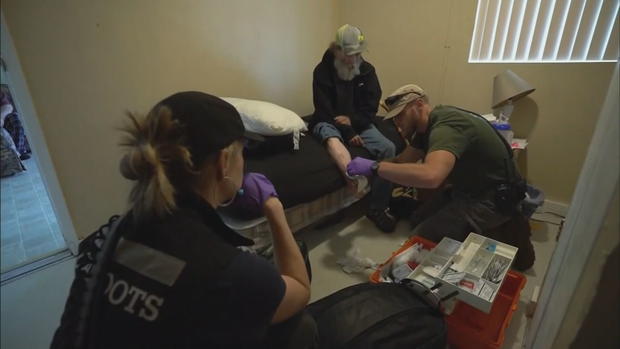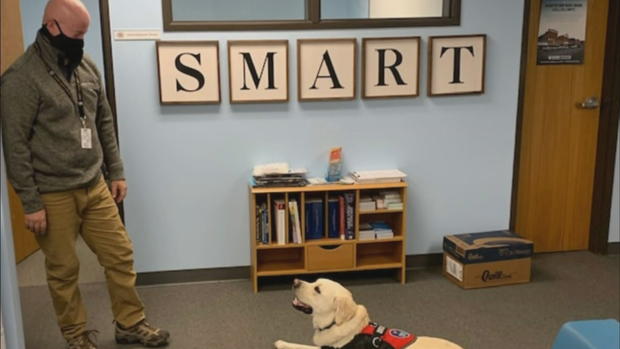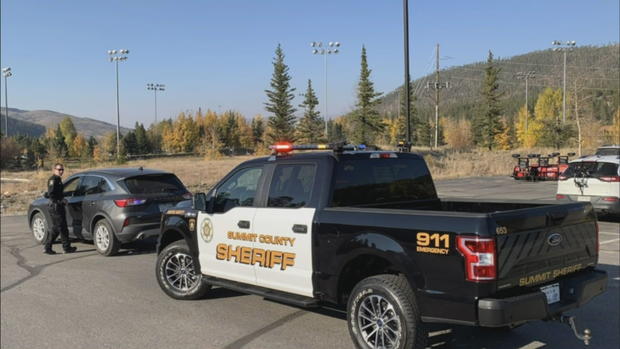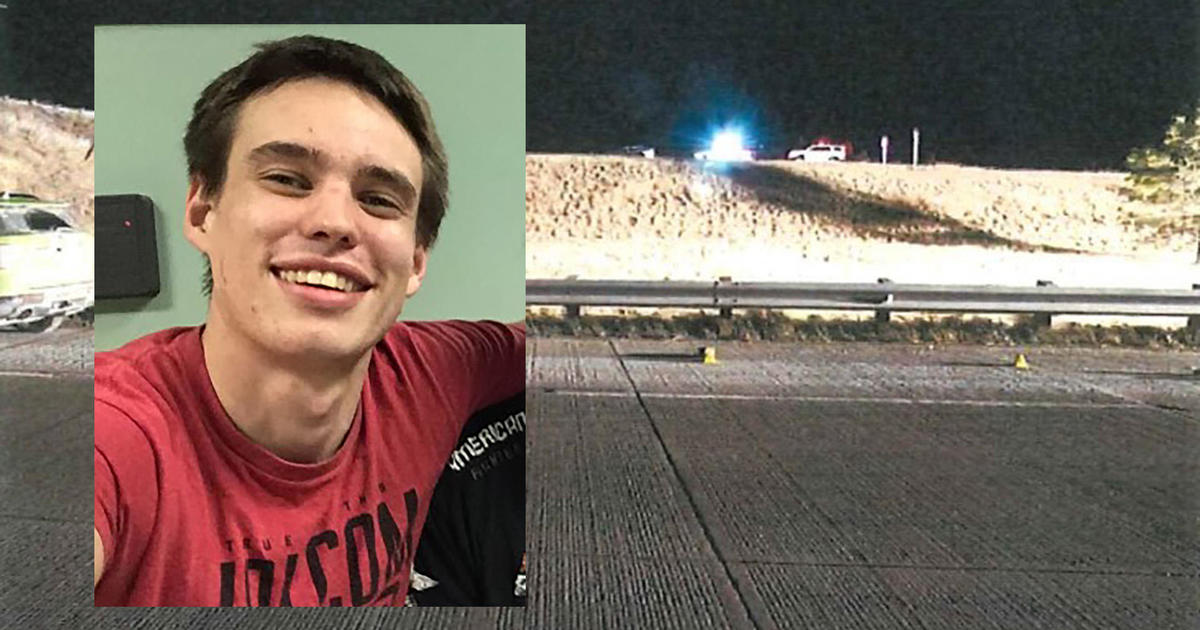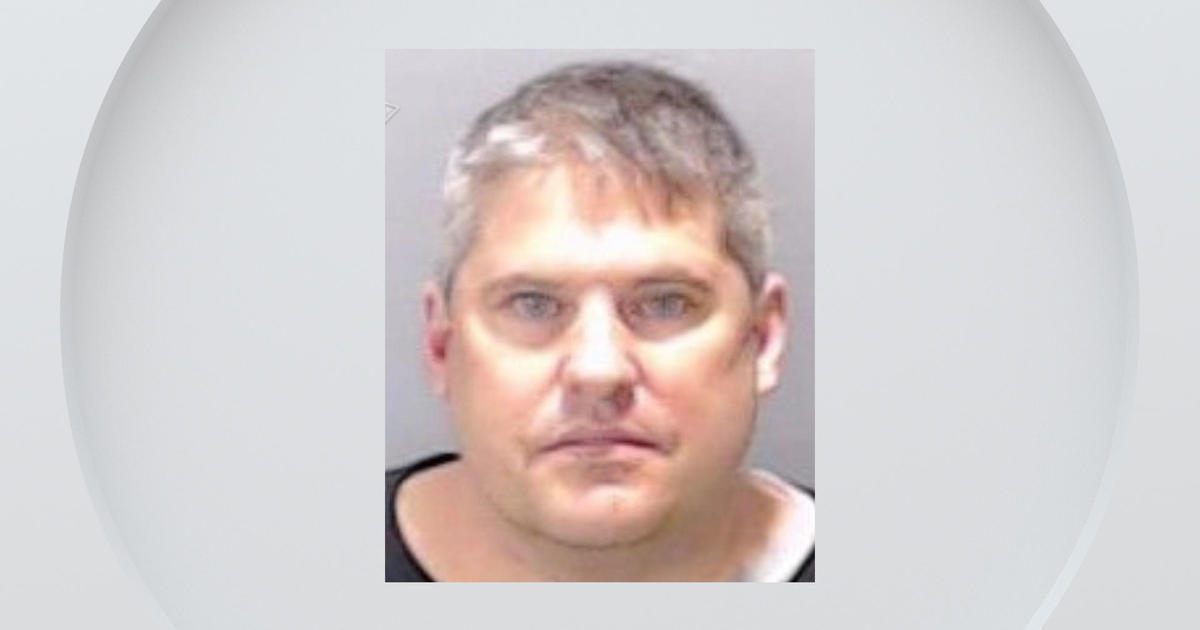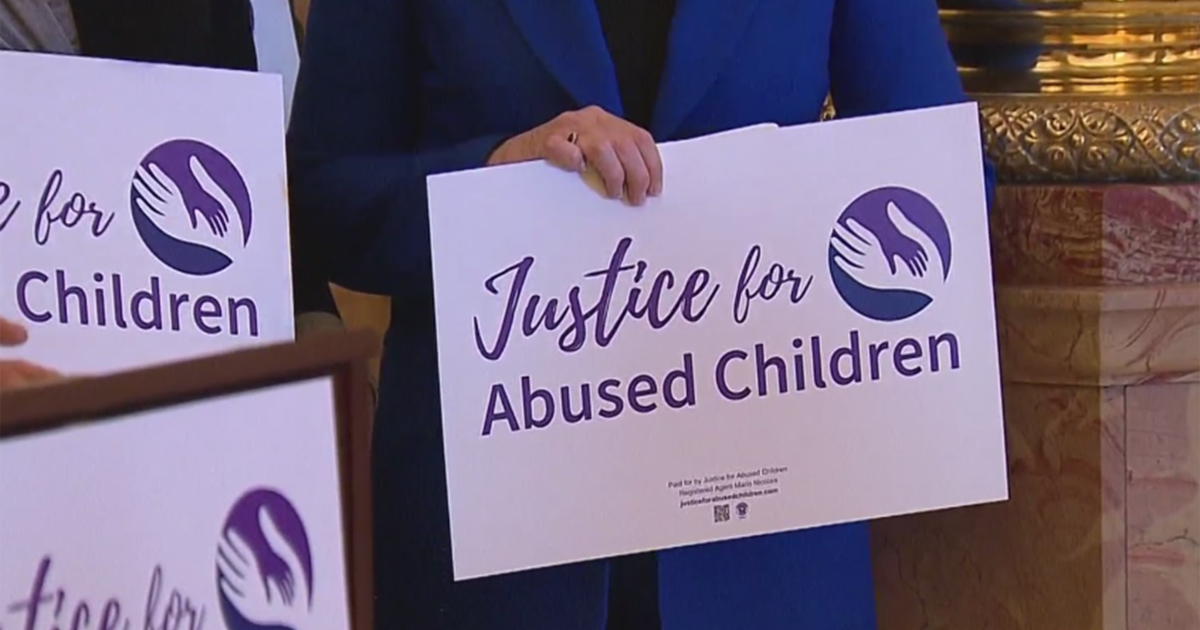State Lawmakers Want To Expand Grant Program, Pair Mental Health Clinicians With Police
(CBS4) - Law enforcement agencies in Colorado could soon get help with a growing number of emergency calls that involve mental illness, homelessness, or other matters that aren't criminal in nature. Some state lawmakers are introducing a bill to expand a grant program for response teams that include social workers, behavioral health clinicians or EMS workers.
The Summit County Sheriff's Office is among 24 agencies in Colorado that already have co-response teams. Four years ago, as Sheriff Jaime FitzSimons watched his deputies respond to a record number of suicides, emergency rooms become holding cells for those in crisis, and public safety increasingly overlapping with public health, he decided to try something different.
"The system just wasn't working. I saw client after client just not being treated in a humane way," FitzSimons said.
Sheriff FitzSimons assembled 30 community organizations and created the Systemwide Mental Assessment Response Team - or SMART - to respond to calls that are more about crisis intervention than crime. Instead of uniforms and marked vehicles, a plain clothes deputy, mental health clinician and caseworker show up.
In the first year, FitzSimons says, they diverted nearly 300 hundred people from emergency rooms by getting them the help they needed at home.
"It means that they didn't lose their job, they didn't lose their apartment, they didn't lose their family, they didn't lose their dog," he said.
State Reps. Julie McCluskie and Hugh McKean want other agencies to follow Summit County's lead. They plan to introduce a bill that would expand grants for co-responder teams statewide.
"We've done great job to let people know when they need help to call 911. As that number continues to be called over and over again we need to support our amazing partners in law enforcement. IT should be a community responsibility and we should respond with community resources," said McCluskie.
Right now, the $2 million grant program is only available to law enforcement for mental health support. The bill would expand grants to cover housing support, for example, and make them available to community organizations that coordinate their response with local law enforcement.
McKean says most people call 911 on their worst day.
"Let's make sure that what we do is find a way to navigate through all of the issues in their lives, to figure out what it is that they need help with right now today. Because, if we don't look at it that way, then what we really do is we start to compound people's problems, and that worst day becomes five more worse days," he said.
